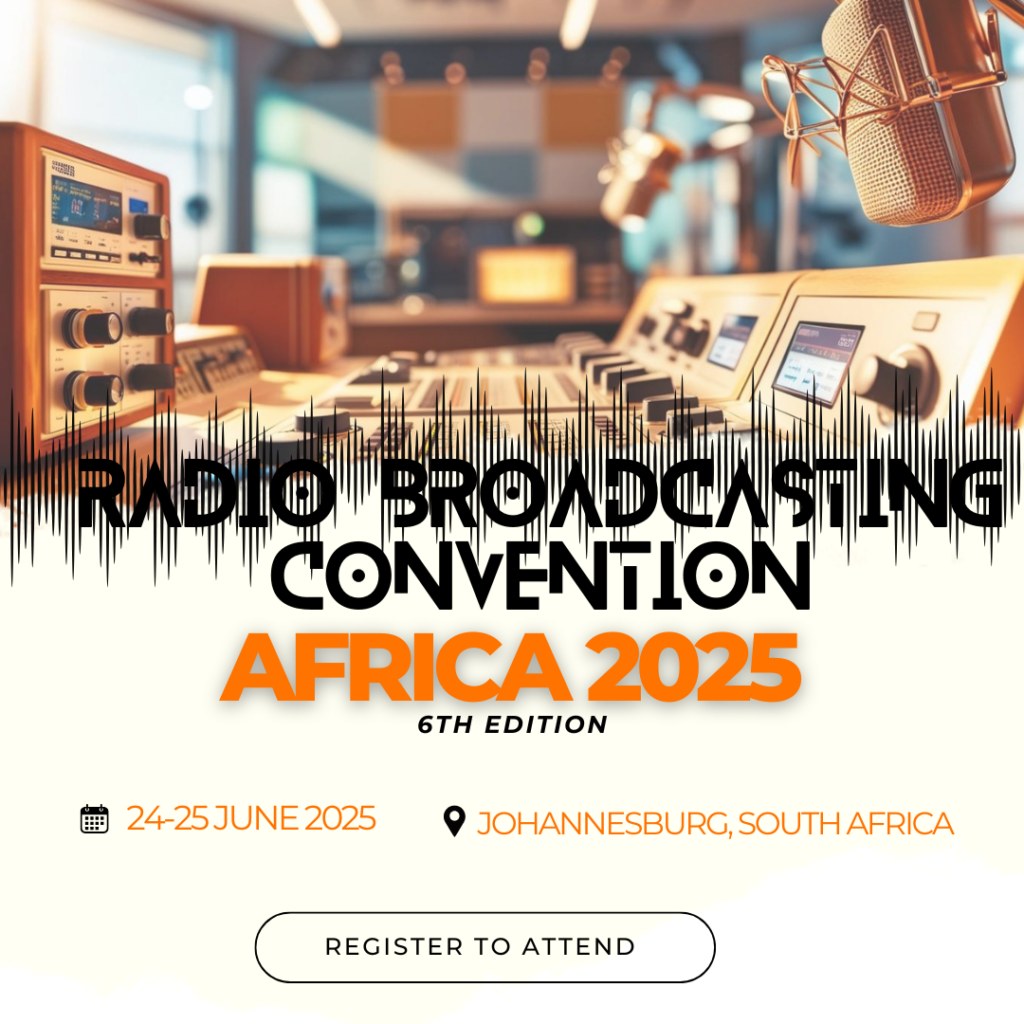
The Radio Broadcasting Convention Africa 2025 commenced in Johannesburg, South Africa, bringing together influential figures to explore radio’s significant role in cultural preservation and its future in an increasingly digital media landscape. In his opening remarks, Mr. Stanley Similo, President of the Southern African Broadcasting Association and Convener of this event, emphasised broadcasting’s essential function in safeguarding Africa’s indigenous languages and cultural heritage.
He warned that failing to protect these languages risks allowing cultures to fade away. “It must be our collective decision as key stakeholders to always protect our languages—because if we don’t, cultures will die,” Similo acknowledged how the COVID-19 pandemic hastened technological changes but reiterated radio’s resilience as a vital communication tool. He urged delegates to engage in fruitful discussions to shape the future of radio in Africa amidst these changes. Lungile Binza, Chief Operating Officer of the South African Broadcasting Corporation (SABC), echoed these sentiments, highlighting the organisation’s critical role in Africa’s radio ecosystem.
With over 19 stations, SABC is advancing towards digital audio broadcasting (DAB+) and leveraging artificial intelligence for content development. Binza promoted SABC Plus, the broadcaster’s flagship streaming service featuring more than 90 radio stations, catering to evolving audience demands. He underscored radio’s enduring ability to connect communities and respond to social issues while encouraging innovation and new monetisation strategies.
The Convention featured engaging panel discussions that tackled the most pressing issues shaping the future of radio and audio services across the continent. Industry leaders, policymakers, and technology innovators convened to explore the digital transformation of radio, with a strong focus on accessibility, affordability, and inclusion. Key discussions revolved around adopting Digital Audio Broadcasting (DAB), monetisation models in the digital space, and the growing demand for on-demand content. Panellists also examined the regulatory and infrastructural challenges hindering full digital migration and emphasised the importance of preserving Indigenous languages through radio. The conversations underscored the urgent need for strategic collaboration among broadcasters, regulators, and content creators to futureproof radio in the evolving digital ecosystem.
During a panel discussion, Pfanani Lishivha, the CEO of the South African Music Performance Rights Association (SAMPRA), revealed the significant funding disparities within the industry: “About 10 billion was spent just on radio in 2024, and only 400 million of that was allocated to community radio spaces… that’s a 4% spend on a medium that is doing quite a lot in our communities.”
Panellists urged new revenue models, such as branded content and donor-driven initiatives, to better support these community-focused stations. Another expert panel examined the digital transformation in broadcasting, with representatives from Zambia, Tanzania, and South Africa sharing insights. While acknowledging the shift to platforms like DAB+, they stressed the continued importance of retaining FM frequencies for resilience in low-connectivity regions.
Recommendations included government subsidies for digital receivers and partnerships with solar energy providers to ensure accessibility. The summit further highlighted radio’s evolution from traditional broadcasts into a multi-platform ecosystem involving podcasts and social media. Experts discussed how broadcasters can segment audiences and diversify revenue sources through community engagement and creative campaigns, ensuring radio remains competitive and relevant in a fast-changing digital world.


















